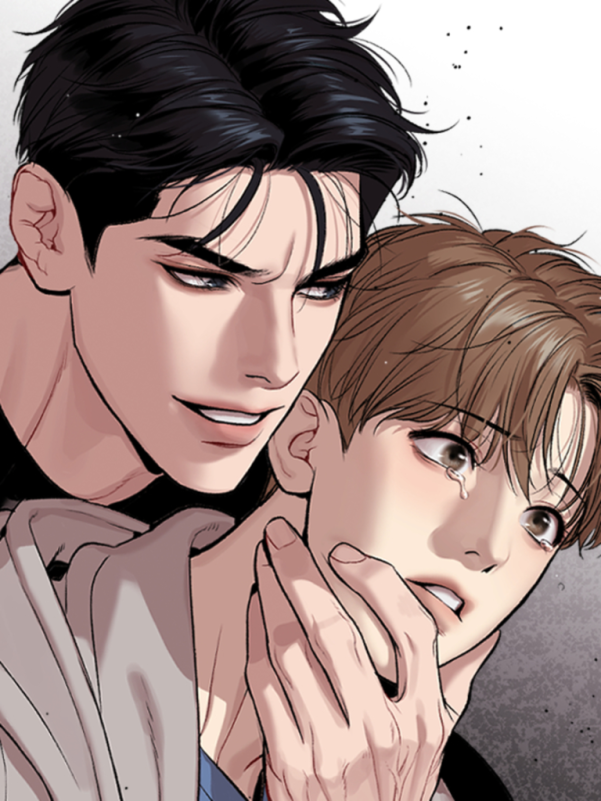Boylove (BL), also known as Boys’ Love or yaoi in Japanese, is a genre that focuses on romantic relationships between male characters. Interestingly, despite its male-centric narrative, the majority of both the creators and consumers of this genre are heterosexual women.
Originating in Japan in the 1970s, BL has since expanded across Asia including China, South Korea, and Southeast Asia and evolved into a massive entertainment industry. Today, it encompasses a wide range of formats: manga, novels, films, dramas, fan fiction, and merchandise.
Escaping Gender Norms and Exploring Desire
One central question continues to intrigue cultural analysts and psychologists alike: Why do women love watching men fall in love with each other?
Several studies suggest that boylove offers a gender-neutral emotional space that allows women to explore sexuality and emotional intensity without being confined by traditional roles. In an article published by Savvy Tokyo in 2022, BL was described as an imaginative space where women could detach from the heteronormative expectations often placed on them in real life. When women are not participants in the romantic narrative, they are free to appreciate the story without internalizing roles of submission or dependence.

Boylove stories often present emotionally rich, idealized relationships that challenge societal constraints turning them into deeply romantic and moving tales. The male characters frequently embody tenderness, empathy, and vulnerability traits not traditionally associated with masculinity, and which female readers often find refreshing.
Safe Exploration of Sexuality
Boylove also allows women to explore sexual themes in a way that feels safe and judgment-free. According to cultural historian Antonia Levi, BL enables women to experience sexual desire as something pure, untethered from traditional expectations of duty or shame. Scholar Mark McLelland echoes this, emphasizing that BL provides a lens through which female readers can engage with desire without the social baggage often found in heterosexual contexts.

Since the genre often depicts relationships that defy stigma or societal rejection, it also becomes a platform for imagining love that transcends discrimination—resonating with readers who yearn for deeper emotional connection and liberation from societal norms.
Connection to LGBTQ+ Awareness
While primarily a fantasy genre, BL has helped many women better understand the diversity of gender identities and sexual orientations. It can act as a gateway to empathy and awareness for the LGBTQ+ community, sparking conversations and encouraging acceptance especially among younger audiences.

Many women also find solace in the emotional depth of BL stories. In cultures where women often face emotional restraint or social obligation, BL communities become safe spaces to read, share, and express freely without judgment.
Does Boylove Accurately Represent Gay Relationships?
This remains a contentious issue. Many LGBTQ+ advocates argue that BL is a romanticized fantasy created by and for women, and does not accurately reflect real gay relationships. Researchers like James Welker and Mark McLelland have pointed out that while BL explores male-male love, it is essentially a product of female imagination not a representation of LGBTQ+ realities.

The genre is often criticized for overdramatizing relationships, presenting idealized appearances and stereotypical “seme” (dominant) and “uke” (submissive) roles, with a frequent lack of clear consent in intimate scenes. Some also worry about the fetishization of gay men for female pleasure.
In countries like China, the BL genre has faced increasing censorship on the grounds that it “distorts the image of masculinity” and fails to align with state-prescribed norms.
A Complex Cultural Phenomenon
While boylove provides a rich imaginative space, it is important especially for young readers to approach it critically. Treating BL as a blueprint for real relationships may create unrealistic expectations about love, sex, and gender dynamics. Moreover, the lack of LGBTQ+ voices in its creation may skew perceptions of queer life.

Still, BL remains a fascinating cultural phenomenon not merely because of its entertainment value, but for how it articulates universal desires to love, to be free, and to be understood. Seen through the lens of social science, BL is not just a passing trend but a layered reflection of psychological needs and subtle resistance against gender norms.

